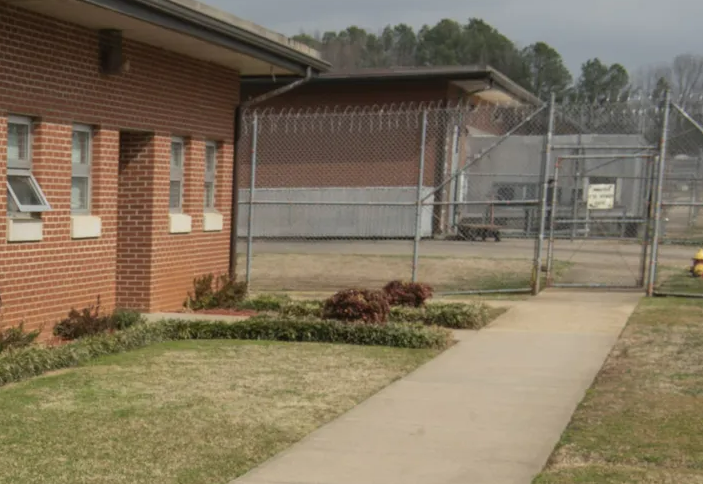Understaffed Prisons Should Add to Decarceration Efforts
Prison staff shortages present opportunity to move toward evidence-based solutions for community safety that exist outside the criminal legal system

Across the United States, prisons and jails are struggling to maintain staffing levels. Staffing shortages are not a new phenomenon in carceral facilities. The incarcerated population has increased by 500 percent over the past 40 years nationwide, resulting in the expansion of the carceral workforce. The carceral workforce experiences high staff turnover with most having fewer than five years of experience. Since 2017, every state in the U.S. has reported prison staff shortages. On the high end, there are Georgia, Mississippi and Maine with an average vacancy rate of 50%.
Program or administrative staff have, in many cases, been transitioned to roles as carceral officers during significant staff shortages. One facility in Wisconsin instituted an indefinite lockdown, until prisoners sued. Before Florida raised wages for correctional officers, Gov. Ron DeSantis activated the state’s National Guard. Colorado reassigned teachers and case managers already employed by its prisons to fill in as guards. Despite these efforts, staffing shortages continue in all states.
The negative effects of understaffing only get worse. Low staffing in prisons often forces essential services to be canceled, like rehabilitative programs, higher education classes, recreation time and therapy. A shortage of mental health professionals may have contributed to a rise in suicides among prisoners in recent years. Behavioral management classes that teach skills like communication and parenting only have room for few student, vastly excluding the majority. Jobs are few and far between, leaving the unassigned in communal cages with only a TV or prison-issued tablet to keep them busy. This type of idleness can and does lead to violence.
The carceral staff shortage presents an organic opportunity to move toward evidence-based solutions for community safety that exist outside the criminal legal system. Some regions have already attempted to hire more staff using incentives and increased pay. However, an evidence-based response would instead shift resources from the carceral apparatus to more just, community-based initiatives.
Health practitioners are needed to work alongside communities to study implementation and efficacy of programming outside of law enforcement. Recent examples of evidence-based initiatives include preventing violence through equitable distribution of social and economic community resources and monitoring violence as a public health issue. Furthermore, many communities around the country have launched mental health emergency response programs led by non-police actors.
Phillip Vance Smith, incarcerated in North Carolina and a member of the Society of Professional Journalists, recently wrote an essay titled "I've Been Incarcerated For 22 Years — And I've Never Seen Prisons This Out Of Control," which appeared in the Huffington Post.
Like all prisons in North Carolina, Nash Correctional Institution — the medium-custody men’s prison where I’m housed — is short-staffed most days. This means that our safety is always in jeopardy. I’ve been incarcerated long enough to know that this isn’t how prison should be.
As these staffing shortages persist, conditions inside carceral settings become increasingly unsafe for both officers and incarcerated individuals, jeopardizing everyone’s mental and physical well-being and violating incarcerated individuals’ constitutional rights. Rather than focusing on recruiting more officers, we must take an evidence-based, public health approach and focus on decarceration.










